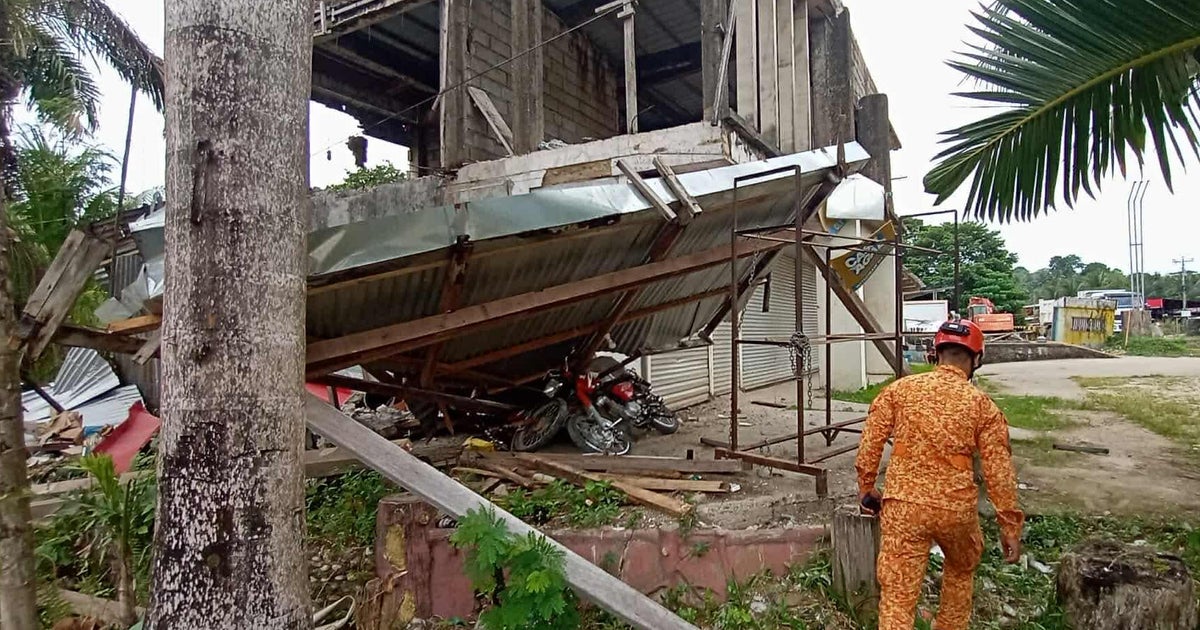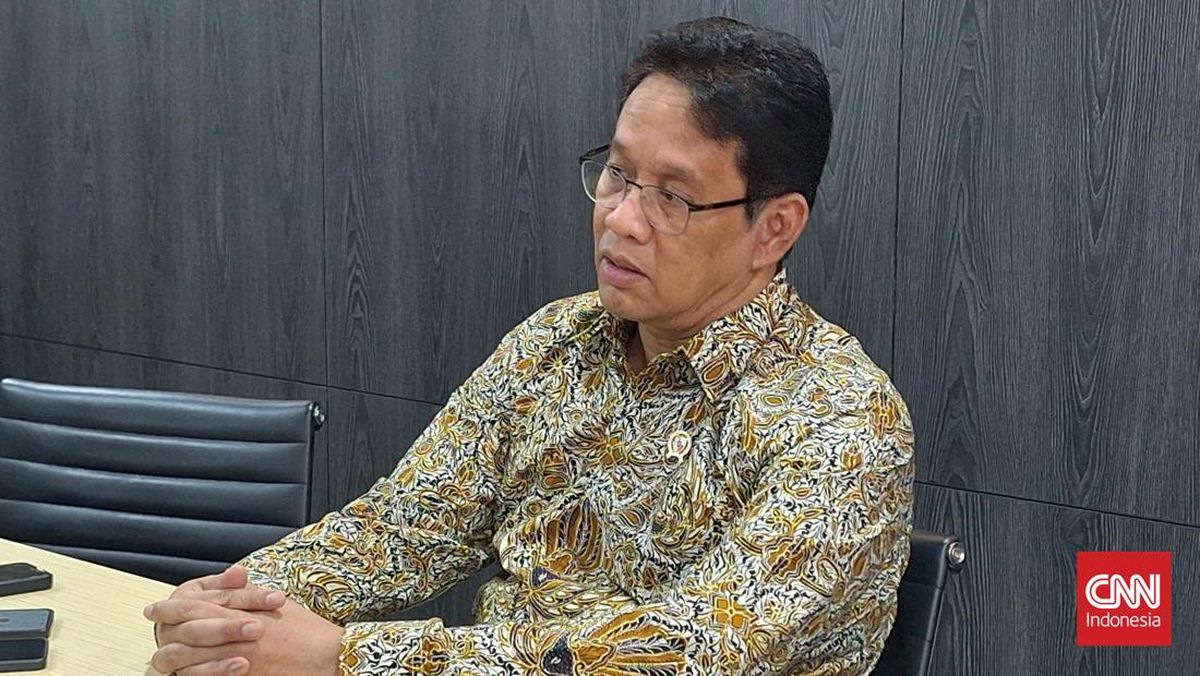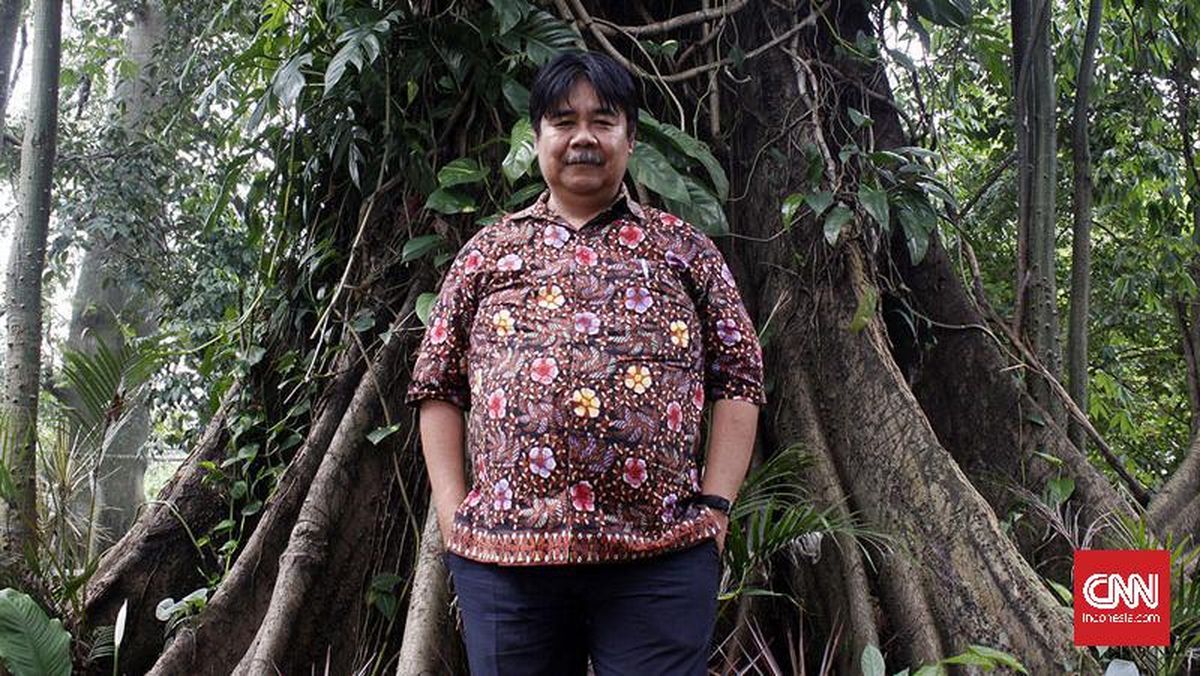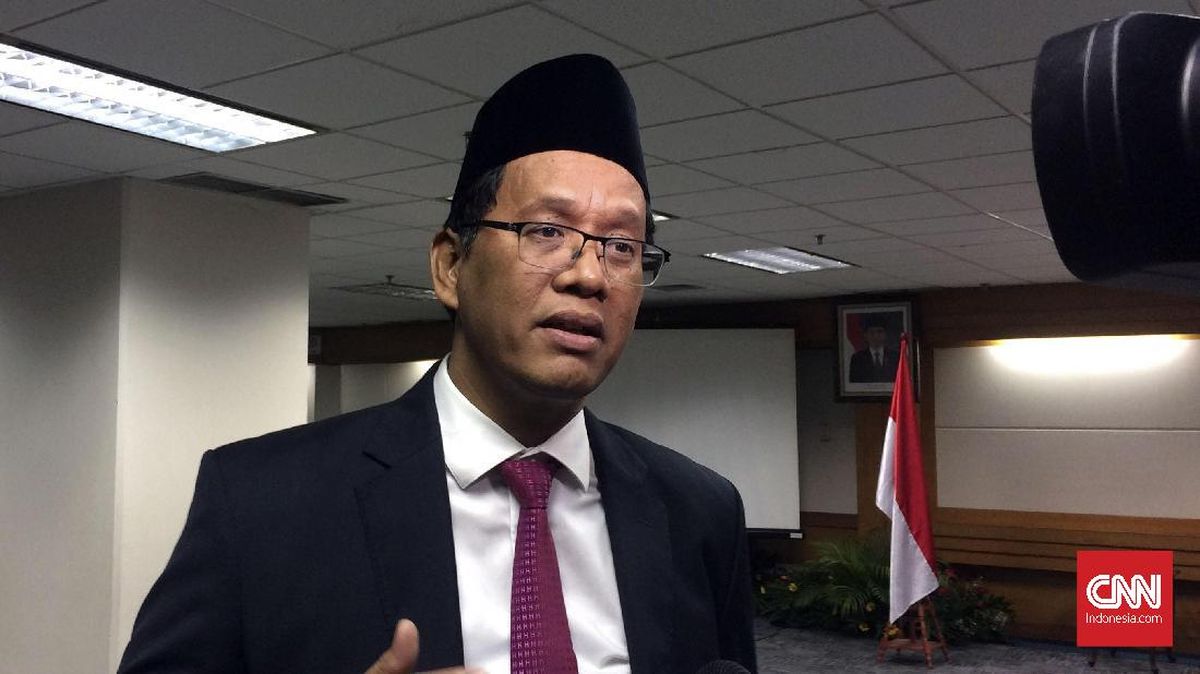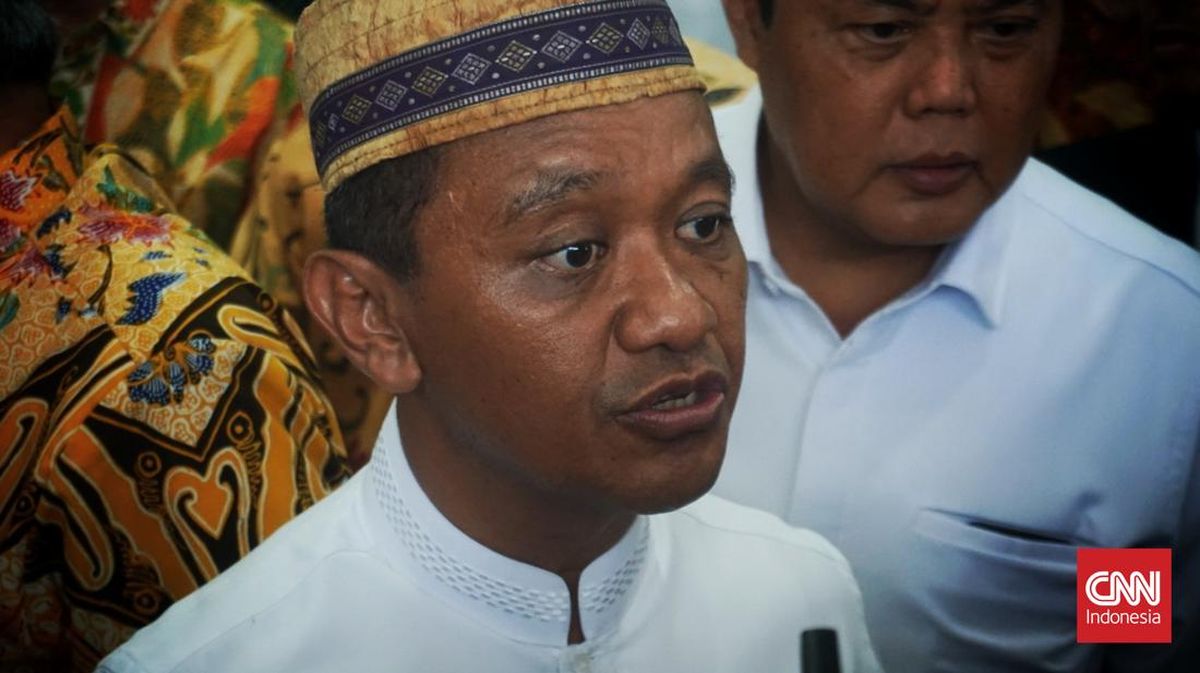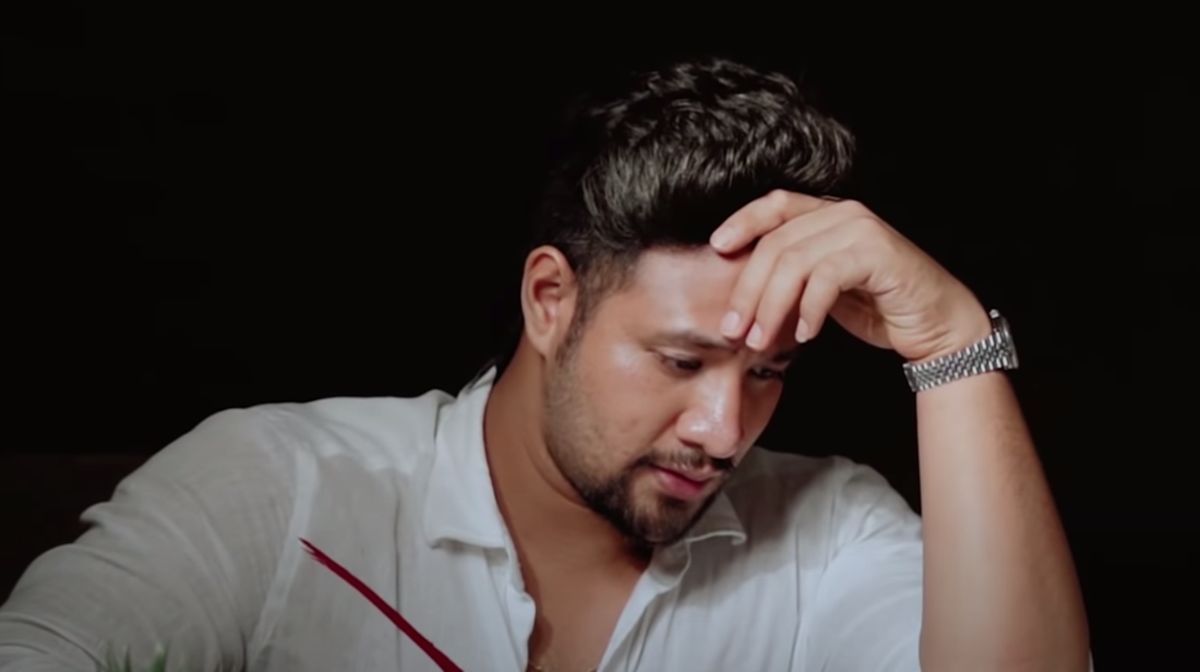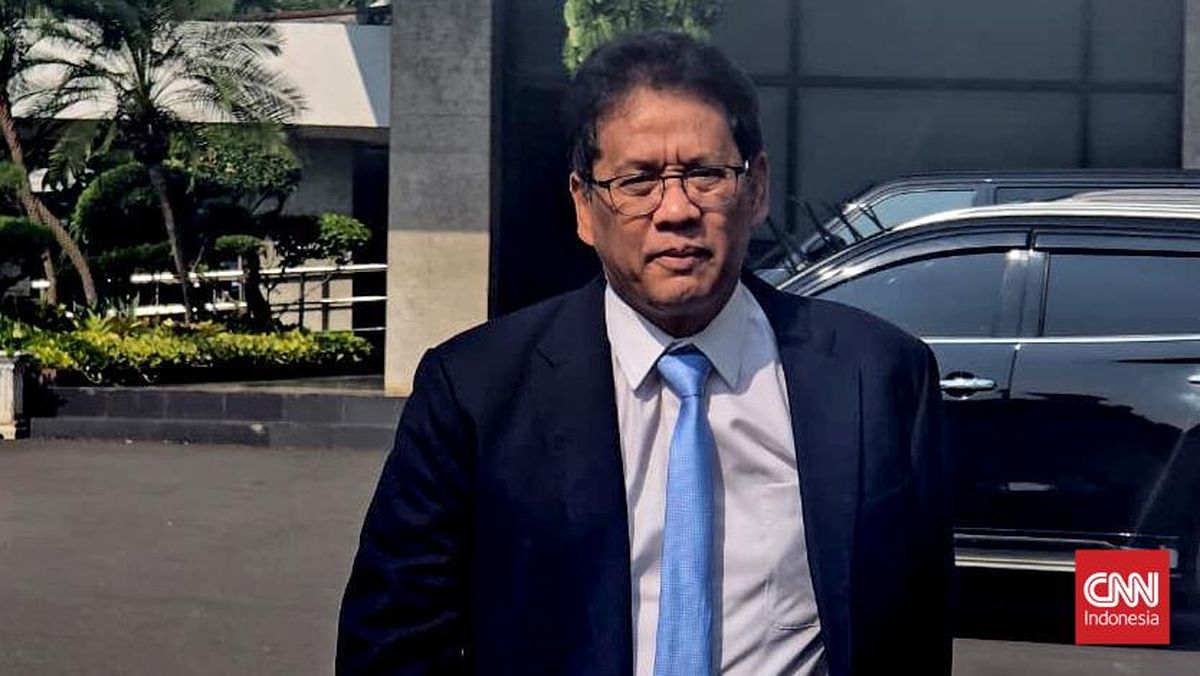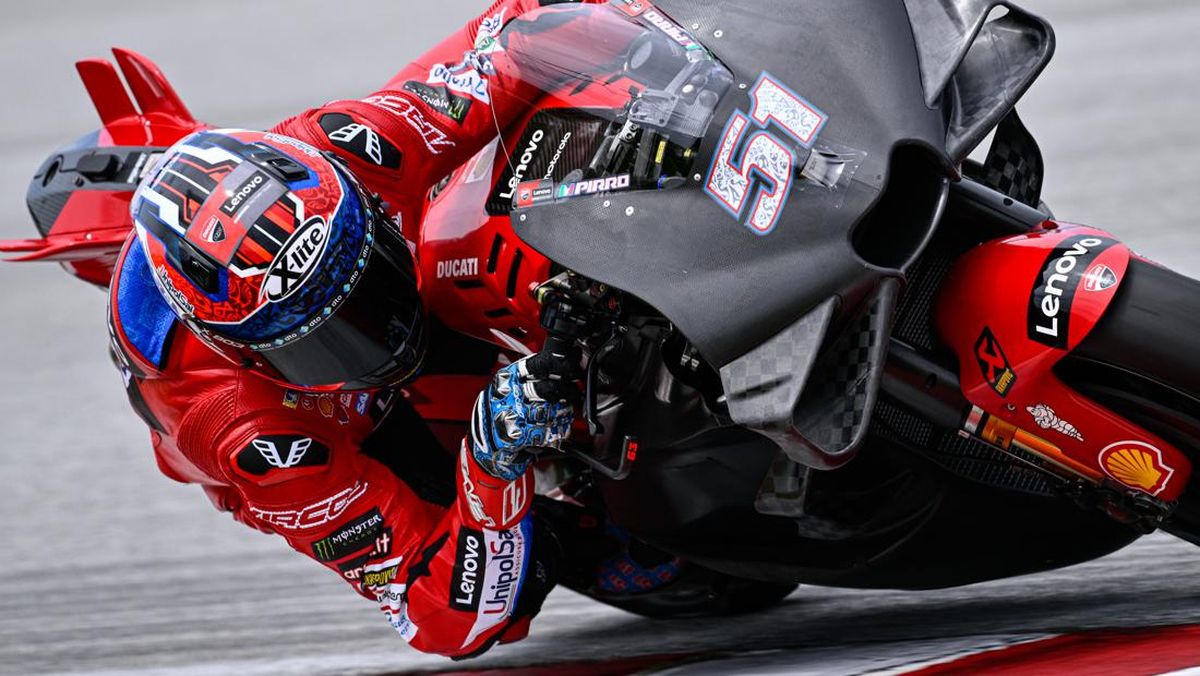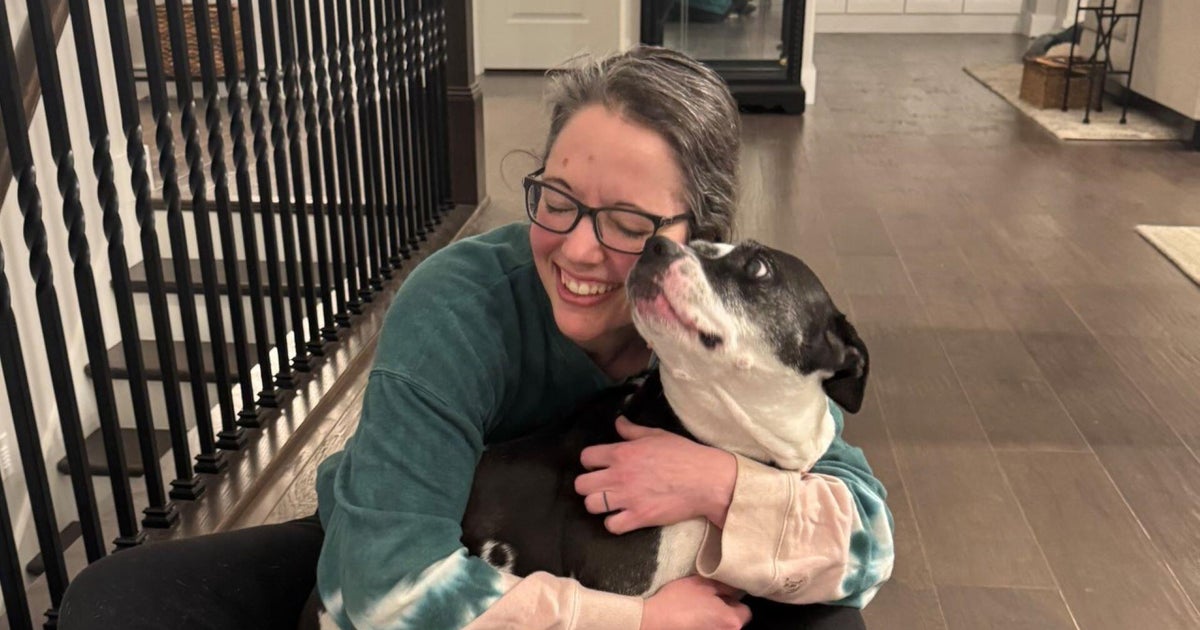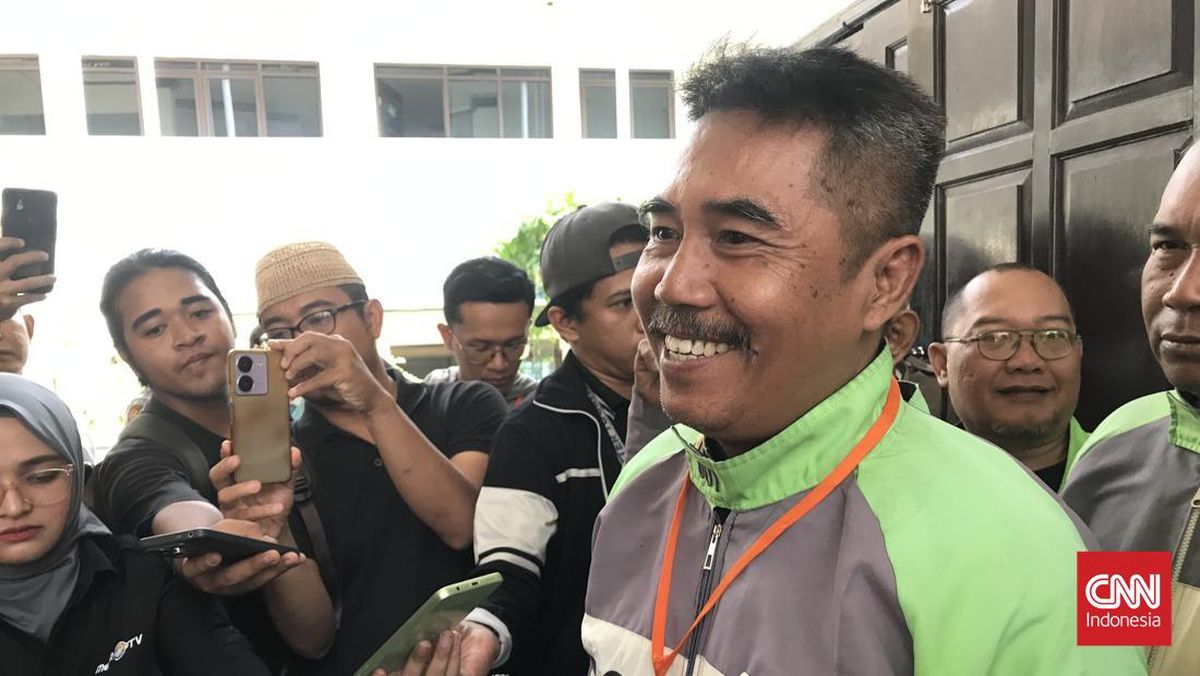The jury in the trial of Tony Kelly, Labor’s former leader in the upper house, has been discharged after telling the judge it was unable to reach a verdict.
Just after 4pm on Friday the jury of seven women and five men sent District Court Judge John Pickering a note saying they would not be able to reach a majority verdict, after the judge had just given them that option.
During the three-week trial the jury heard that Kelly, 77, had committed misconduct in public office relating to allegations he doctored a cabinet minute in May 2010.
The Crown had alleged that in 2010, as infrastructure minister, Kelly was involved in presenting a doctored cabinet minute which, if accepted by the government, could have delivered billions of dollars to a privately owned water infrastructure company, Australian Water Holdings (AWH), which had links to the family of former Labor kingpin Eddie Obeid.
The jury heard that a panel of government experts had recommended the complete opposite.
The jury’s hung verdict followed the Crown’s star witness, Gilbert “Laurie” Brown, Kelly’s former chief of staff, telling the court, “I can’t remember anything about anything.”
In 2022, Brown, 69, was criminally charged along with former ministers Kelly, Joe Tripodi and Eddie Obeid. In November 2023, Kelly was given an indemnity against prosecution in return for giving evidence against the others.

Former NSW Labor MP Eddie Obeid in 2016.Credit: Daniel Munoz
Brown had arrived in court in a wheelchair, claiming that serious health issues had damaged his memory. The former chief of staff could not remember anything about AWH, giving evidence at the Independent Commission Against Corruption (ICAC), being charged over his role in the AWH cabinet minute, or doing a deal with the Director of Public Prosecution (DPP) to become a witness for the Crown.
In the absence of the jury, Pickering likened Brown to a “zombie”, saying, “It’s just impossible to believe that he doesn’t remember giving evidence at ICAC. I do not believe that he has no memory of being charged with this matter.”
Ultimately, the judge instructed the jury that it was up to them to determine whether Brown’s lack of memory “is genuine, real, fake” or due to medical conditions, which the jury heard included a heart attack, meningitis and renal failure.

Former NSW Labor MP Joe Tripodi outside court in March 2024.Credit: Steven Siewert
In his summing up, the judge also warned against speculation about the consequences for Brown.
After being discharged, the jury was informed that the three former ministers were facing separate trials. The judge also explained that he had disallowed Brown’s evidence before the anti-corruption body to be tendered in Kelly’s criminal trial. He explained that criminal trials are “about admissible evidence … and the right to silence.”
Brian McGlynn, at the time an expert retained by the Department of Premier and Cabinet, had told the jury that he and a panel of experts had compiled a draft cabinet minute in April 2010 recommending against the government entering into a private-public partnership with AWH.
The jury heard that McGlynn’s draft cabinet minute should have killed off AWH’s ambitions, but the following month, Kelly submitted a substantially revised minute to the budget committee of cabinet.
Crown prosecutor Brett Hatfield, SC, said the changes to McGlynn’s minute were not just cosmetic or stylistic but “reversed the main recommendation”.
Hatfield said the Kelly cabinet minute “included a number of false and misleading facts” as well as “significant omissions and, in some cases, direct lies”.
‘[The Kelly cabinet minute] included a number of false and misleading facts ... and, in some cases, direct lies.’
Brett Hatfield SCAfter a lengthy ICAC inquiry in 2014, the corruption watchdog’s final report on AWH and the cabinet minute was released in 2017. Criminal charges were recommended against the four men.
This was not the first document that Kelly has run into trouble over. In 2011, the ICAC investigated allegations Kelly, the former lands minister, had backdated a document purporting to give authority to the late Lands department chief Warwick Watkins to purchase a 23-hectare site at Currawong Beach, Pittwater.

One of the cottages at the Unions NSW property at Currawong Beach, PittwaterCredit: Paul Miller
Because the sale occurred while the government was in caretaker mode, meaning no major contracts should be entered into before the March 26 election, Watkins arranged for Kelly, the relevant minister, to backdate a letter of authority to February 28 to give the appearance it was all above board.
The sale of the site had been mired in controversy long before Kelly’s backdated letter.
Since 1949, Currawong had been owned by Unions NSW (previously called the Labor Council).
When it was revealed in January 2007 that Unions NSW had sold Currawong, a collection of rustic holiday cottages accessible only by water, there were complaints the property had not been sold to the highest bidder.
The successful bidders at $15 million were property developers and large Labor donors Allen Linz and Eduard Litver. Macquarie Bank had offered $25 million. The late standover man Michael McGurk and property developer Ron Medich, since jailed for McGurk’s murder, had offered $30 million.

Murdered standover man Michael McGurk.
Former Labor Opposition leader John Robertson later revealed that, when he was secretary of Unions NSW, he had met McGurk twice. Facilitating the meeting was Eddie Obeid’s son, Moses, who was later jailed with his father over a corrupt government-issued mining licence.
It wasn’t until 2013 that Robertson revealed that back in 2006 McGurk had offered him a $3 million bribe to secure the deal. Robertson failed to report the attempted bribe at the time.
In the months before he was murdered in 2009, McGurk had been threatening to blow the lid on the original sale. A Herald investigation revealed Robertson had hired David Tanevski, one of former minister Tripodi’s closest friends, to handle the 2007 sale. What the union rank-and-file did not know was that Tanevski, who was in charge of the sale, and Linz, the buyer, were in business together.
All three men – Robertson, Tanevski and Linz – had been directors of Getonboard, a company that was to supply unionists with cheap computer packages. Getonboard, run from Tanevski’s Martin Place office, was a private company with only five shareholders: the Australian Labor Party (NSW) Branch Gifts, the Labor Council, two companies associated with Tanevski and Linz, and owning $4 million, finally, the mysterious Good Century Assets Ltd, a company registered in the well-known tax haven, the British Virgin Islands.

Former Labor leader John Robertson in 2020.Credit: Dominic Lorrimer
Robertson sidestepped questions about who was behind this company when he was grilled at a 2014 parliamentary inquiry into the sale of Currawong.
Unions NSW justified the 2007 sale to Linz and Litver on the grounds their company Eco Villages had made an “unconditional bid”. However, it was later revealed the company had paid $1.5 million for a put and call option. The actual sale was not completed for another 14 years, until January 2011, when Eco Villages paid $9.5 million, bringing the total price to $11 million.
They sold it to the government six weeks later for $12.2 million when it became clear they weren’t able to construct 25 luxury villas, later reduced to 12, and a private marina as planned.
Linz and Litver negotiated the sale of Currawong with Watkins, the chief executive officer of the government’s Land and Property Management Authority. The sale contract was dated March 15, 2011.

Former premier Kristina Keneally and then planning minister Kelly in 2010.Credit: Jon Reid
The following day, then-premier Kristina Keneally’s office heard of the unauthorised sale. Tony Pooley, her deputy chief of staff, later told the ICAC he was “shocked” as he knew there had not been a cabinet committee process and the government was in caretaker mode.
Keneally was furious.
Following anger from the premier’s office, Watkins set about sanitising his actions. One of the senior bureaucrat’s underlings gave evidence at the ICAC about confronting Watkins over the stupidity of backdating a letter to mislead an inquiry. Watkins responded by slamming his fist on his desk, saying: “As far as the minister and I are concerned, this letter was signed on February 28.”
The corruption watchdog found nothing untoward in the dealings between Unions NSW and the buyers, or that “any person associated with Eco Villages acted corruptly in the sale of the Currawong site to the NSW government”.
Although the ICAC recommended Kelly be prosecuted for making a false document and the common law offence of misconduct in public office, the Director of Public Prosecutions declined to prosecute.
The charges brought against Watkins over the backdated letter were dismissed by a magistrate but he later received a 12-month good behaviour bond for lying to the ICAC about the Currawong matter.
The DPP will now decide whether Kelly will face a retrial. The matter will be in court for mention on November 26.
Most Viewed in National
Loading


